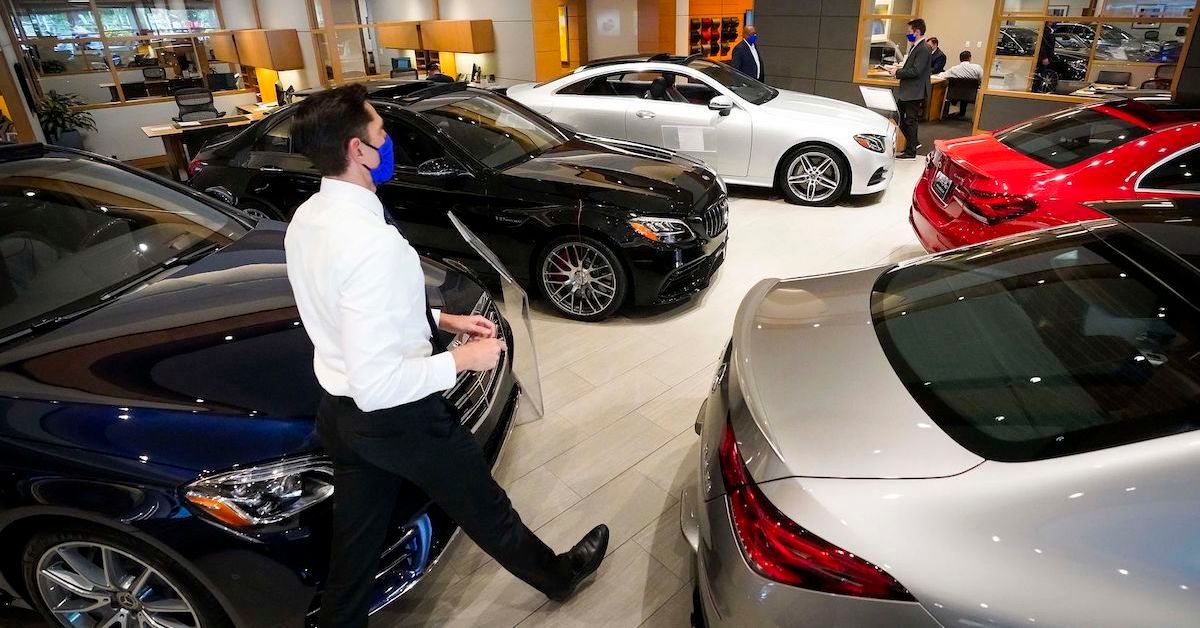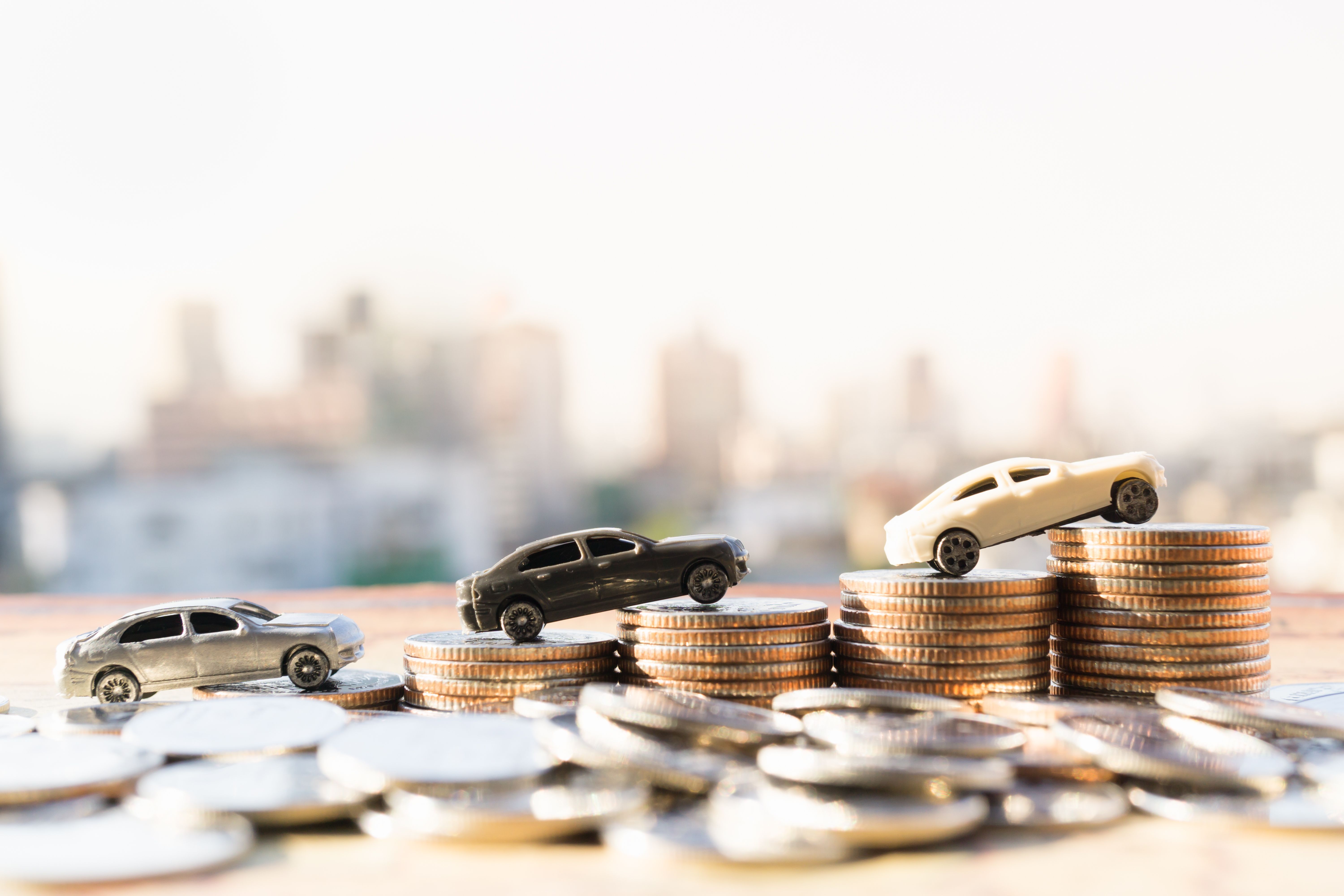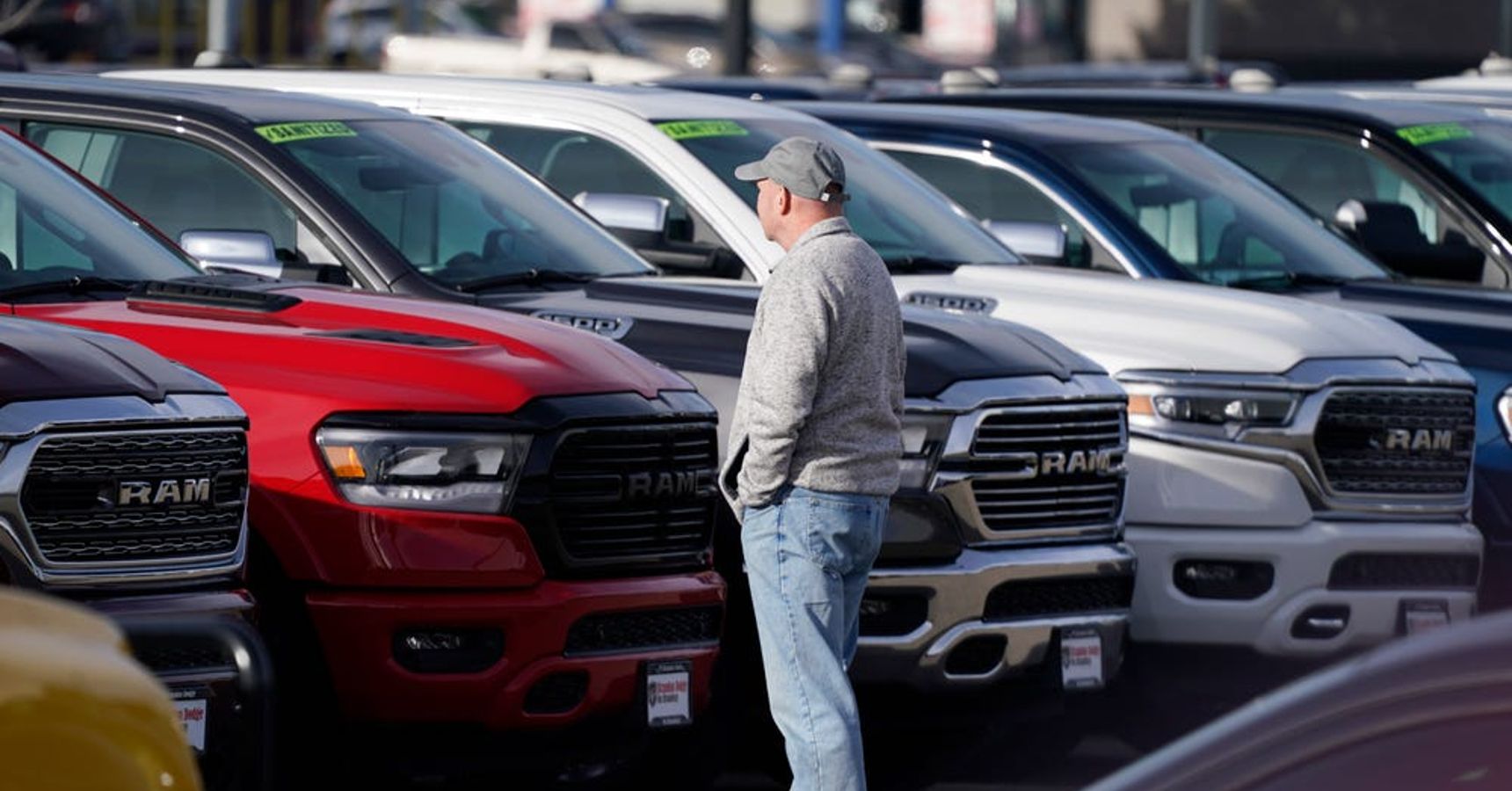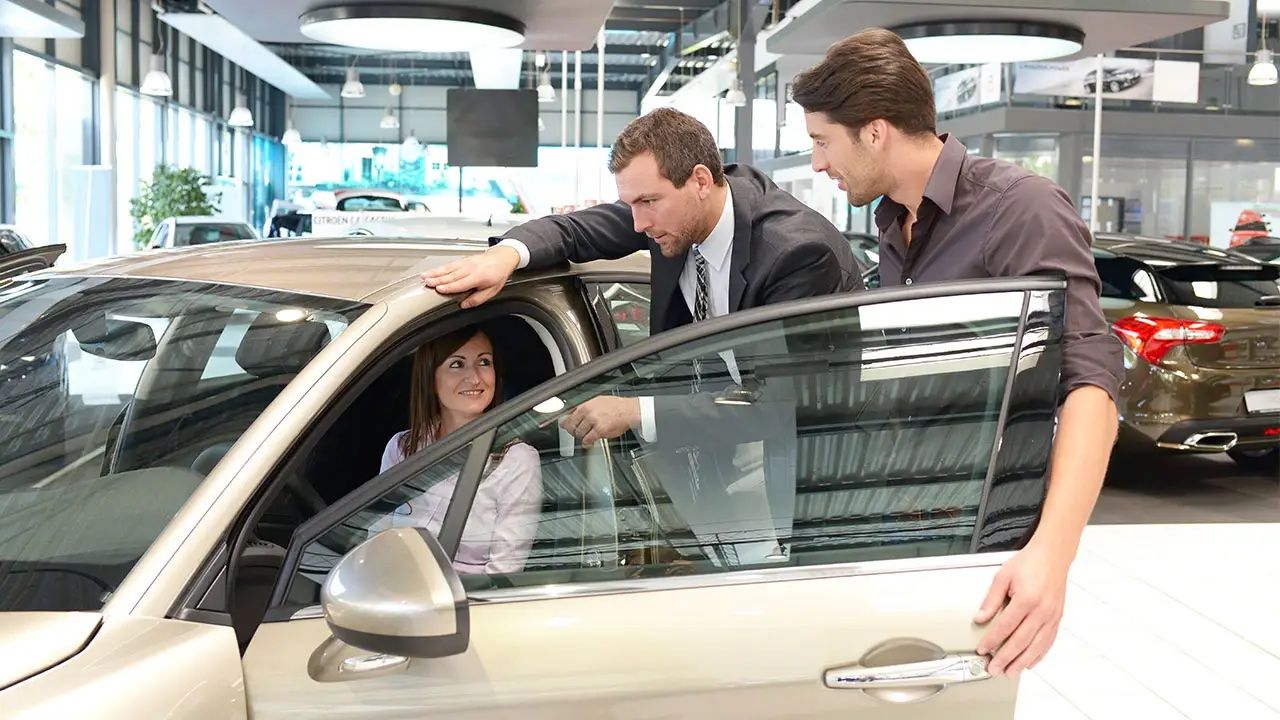After stellar sales and incredible profits, dealers are facing a new reality - potential buyers are avoiding their next car purchase. While this makes sense considering how red-hot the used cars and new cars market were during the pandemic, consumer behavior is also changing because of inflation and rising interest rates. After bidding wars, long delivery delays, and cars that sell without certain chips but above MSRP, the market is slowly turning from a seller’s market to a buyer’s market. Naturally, dealerships are the big losers in this new reality.
“Why buy now if prices are going to be lower tomorrow?” Asks Barron's and then, it explains “That isn’t a question U.S. consumers have been asking themselves lately. Inflation has had the opposite effect in recent months. But car prices are coming down and that is creating a new problem for auto dealers such as Carvana. It will eventually affect others in the automotive value chain.”
The publication points out that Carvana’s Q3 results were disappointing. Sales fell to $3.4 billion, below the $3.7 billion Wall Street’s projection. Carvana also sold 102,570 cars in Q3, down from 117,564 in Q2 2022. To make matters worse, shares declined 39 percent to $8.76 in New York trading. Without a doubt, this is just the beginning and rivals will face a similar reality, so here’s why car dealerships could face a disappointing future.
Why Car Dealerships Could Be Facing A Disappointing Future: Inflation And Rising Interest Rates
Last May, CNN reported that daily life has become "most expensive than it’s been in 40 years." Since then, the prices have continued to climb and inflation is hitting middle-class households hard. And if, in Spring, CNN presented a frightening reality in which many single parents are driven towards food insecurity “and culling expenses to the point where any unforeseen cost could mean more debt,” now, the situation has worsened. According to the 14th edition of the Reality Check: Paycheck-To-Paycheck research series, in August 2022, 41 percent of American consumers were living paycheck to paycheck. This represents a 10 percentage-point surge from September 2021. Additionally, the Federal Reserve has just announced the fourth consecutive 0.75 percentage point interest rate hike, making borrowing even more expensive and putting American consumers under immense pressure because they won’t be able to keep track of their monthly bills. In this context, consumers will prioritize necessities, and they will postpone big-ticket items.
“With inflation, supply chain issues and the war in Ukraine, many Americans are deciding that buying the new car, flashy treadmill or big vacation they’ve had their eye on can wait,” says Money.
The results of a Morning Consult survey reiterate the same idea, as they show that 74 percent of Americans who considered buying a new vehicle in February 2022 decided to postpone their purchase. Roughly, 50 percent of respondents mentioned high prices as the reason they delay the purchase. Unfortunately, the situation isn’t rosier for the used car market as Morning Consult found that 71 percent of respondents who considered buying a second-hand car in February, decided to postpone their purchase. Elsewhere, 48 percent of those who delayed their purchase said they did it because of increased prices.
Why Car Dealerships Could Be Facing A Disappointing Future: Weaker Demand And Changing Consumer Behavior
Consumers have understood that this is the worst time to jump in the market and buy a car because the market remains hot and prices are still too high, so they have decided to employ a wait and see strategy. Most consumers understand that better financing deals and even discounts are on the horizon as dealerships and automakers battle with high inventories and a lack of imminent purchasers. This will force them to reduce the prices and offer incentives. But, despite price drops, consumers should maintain reasonable expectations. Buyers shouldn't anticipate the same massive discounts as those offered by dealerships during the 2008–2009 crisis, when there was an excess of inventory.
“When prices fall quickly, consumers pull back, expecting a better deal tomorrow, which tends to put still more pressure on prices as inventories pile up. Other industries such as housing, which also rely on financing to facilitate purchases, are facing the same issue,” says Barrons.
Why Car Dealerships Could Be Facing A Disappointing Future: New Cars Become More Affordable
When the economy turns sour, new cars are also becoming more affordable, giving consumers a much wider range of options. Furthermore, shoppers make wiser purchases during economic downturns. This means they will get durables and goods that generally last longer.
A new car comes with a factory warranty and a certain level of protection against substantial defects, so buyers know they won’t have to deal with expensive maintenance and repairs too soon. On the other hand, the hazards are much greater for used cars because most states don't have lemon laws.
Sources: CNN, Barron's, Money,




